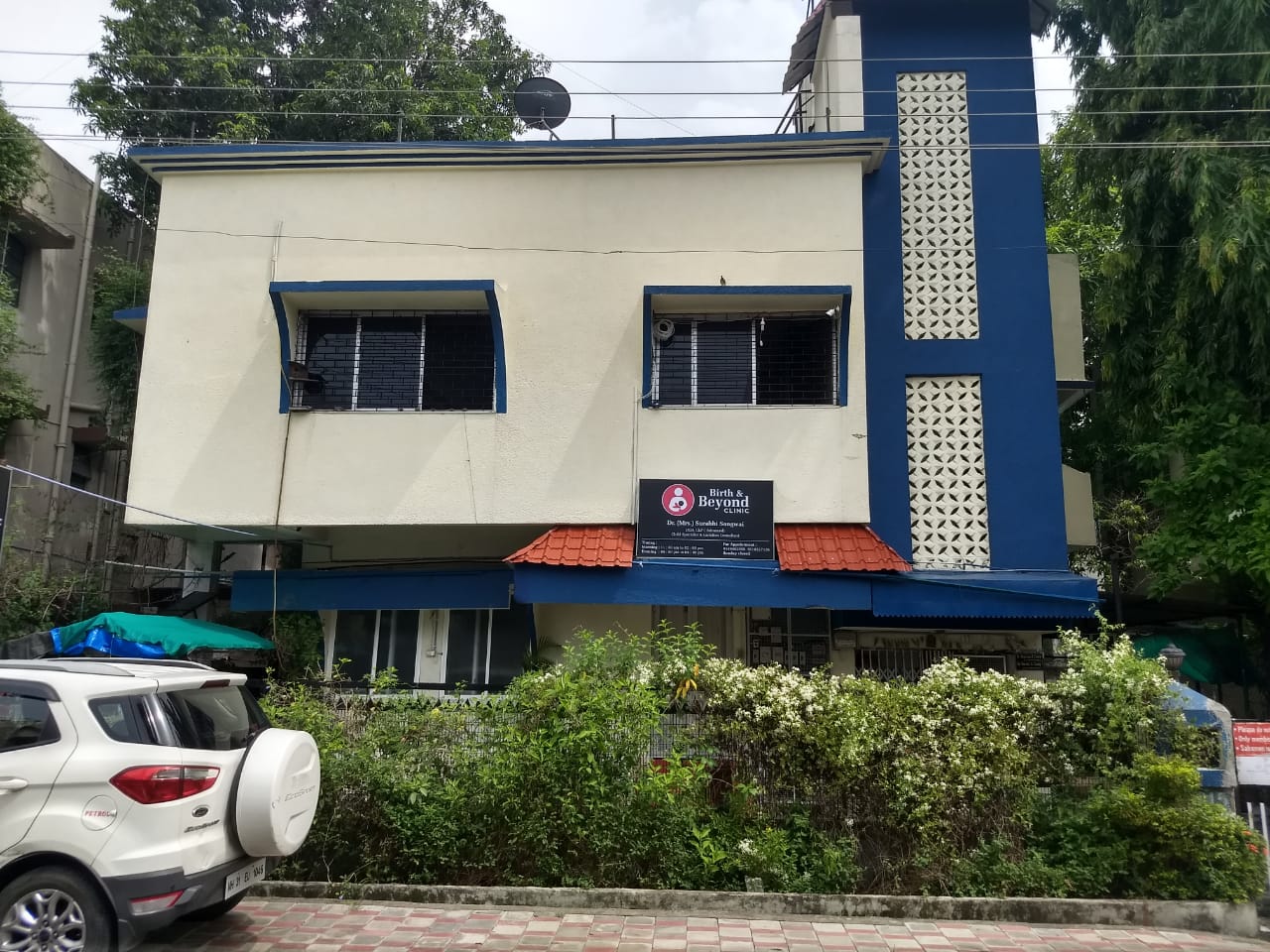Newborn Care
Home / Newborn Care
Newborn Care

In the hospital, a routine evaluation called the Apgar test is used to identify whether a baby needs urgent medical care. The test scores on five areas, including breathing rate and skin coloration. Newborns also receive a vitamin K shot and eye drops.
What kinds of tests show the physical condition of newborns in the hospital?
After your baby is born, a doctor or nurse will perform a series of tests to determine your baby’s physical condition. A routine evaluation, called the Apgar test, is used to identify whether your baby needs urgent medical care. After delivery, your baby will also be given a vitamin K shot, eye drops, and newborn screening tests. Your baby may also receive a hearing test and a hepatitis B vaccine.
Breastfeeding plays an important role in a child’s growth and health. Counseling benefits a mother by teaching her techniques to breastfeed, overcome difficulties in latching, know and understand the advantages of lactating, and positioning a baby, besides mentioning the risks and side effects of not breastfeeding.
What happens during an Apgar test?
During an Apgar test, your baby’s heart rate, breathing, reflex response, muscle tone, and skin coloration are measured. These five signs are evaluated at one minute after birth and at five minutes after birth. Each test is given a score between zero and two, and the five scores are added together to make up the Apgar score. The ability of the infant to maintain their temperature and sustain a normal heart and respiratory rate is a general indicator for a successful transition.
What does the Apgar score mean?
If your baby has an Apgar score of seven or more, he or she is probably in good physical condition. A baby rarely scores a perfect 10, because his or her skin color may be slightly blue until he or she warms up. A low Apgar score may indicate problems with your baby’s heart or lungs. It may also be the result of a difficult labor. Your baby may be in good physical condition, but have a low score immediately after birth. Premature babies may score low because of immature development in the womb. Keep in mind that your baby’s Apgar score does not predict his or her future health.
Why does my baby need a vitamin K shot?
Your baby will typically have low levels of vitamin K when he or she is born. Vitamin K is needed for blood clotting, so your baby will usually receive a vitamin K shot immediately after birth. This will help prevent a rare but serious bleeding problem known as hemorrhagic disease of the newborn.
Why does my baby need eye drops?
Your baby will receive antibiotic eye ointment or eye drops to prevent bacterial infections that he or she may pick up at birth.
What are newborn screening tests?
All newborns are screened for certain conditions. With early detection, these conditions can be prevented or treated. Your baby’s heel will be pricked and a sample of blood taken to test for many different conditions.
Why does a newborn need a hearing test?
Hearing screen of all newborns is the gold standard of care across the United States. Early treatment of hearing loss can prevent future speech and language problems. A small earphone or microphone will be placed in your baby’s ears to see how your baby’s brain responds to sounds. Your baby needs to be asleep for this test to be accurate. If your baby does not pass, it does not mean he or she has hearing loss, but the test will be repeated.
What is Newborn Screening for Critical Congenital Heart Disease (CCHD)?
Critical Congenital Heart Disease (CCHD) is a group of heart or vascular problems present at birth. Approximately 11 out of 10,000 babies are born with CCHD. CCHD may be life threatening and may require intervention in infancy. It is not always detected prenatally or upon exam in the nursery. To improve the early detection of CCHD, it is recommended the screening be added to the newborn screening before discharge to home. A pulse oximeter designed for newborns is used to screen for CCHD. A sensor is wrapped around the hand and another sensor is placed on either foot. Pulse oximetry newborn screening can identify some infants with CCHD before they show signs of the condition.
Why does a newborn need a hepatitis B vaccine?
The hepatitis B vaccine protects against the hepatitis B virus, which causes liver damage. The hepatitis B vaccine is a series of three shots. Your baby will usually receive the first shot after delivery, and the next two shots by 18 months of age.
Why is it important to lay my baby on their back to sleep?
Prevention of sudden infant death syndrome (SIDS) begins in the newborn nursery. Placing infants on their back to sleep has reduced the rate of SIDS almost 50% in the last 12 years.

